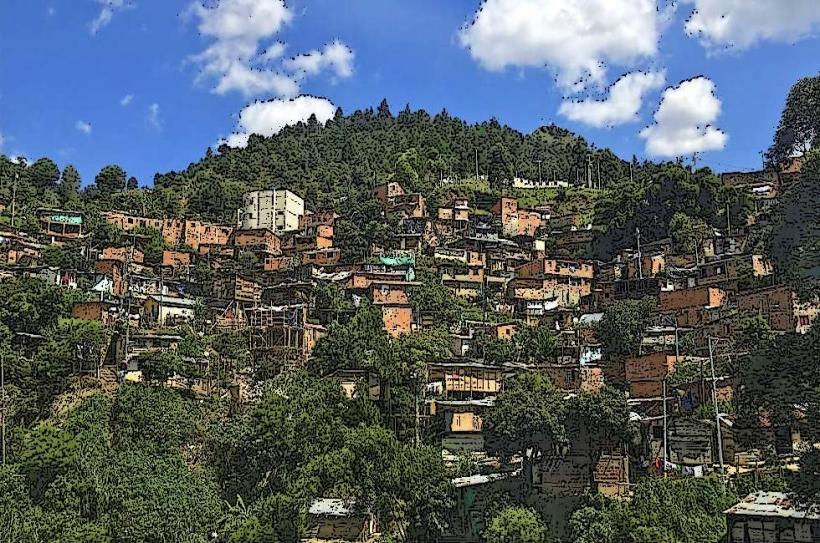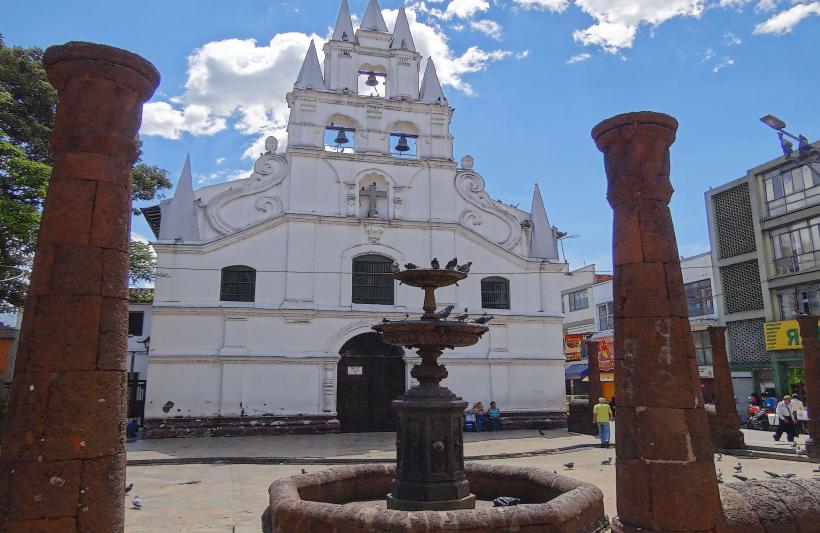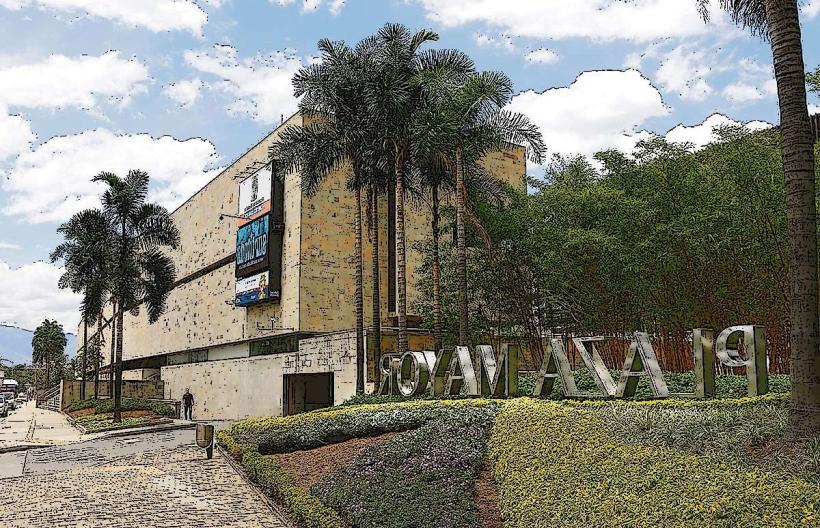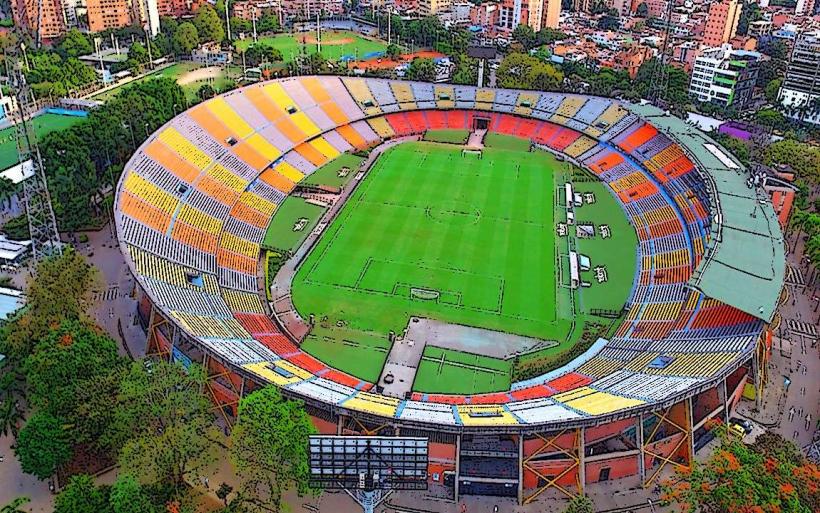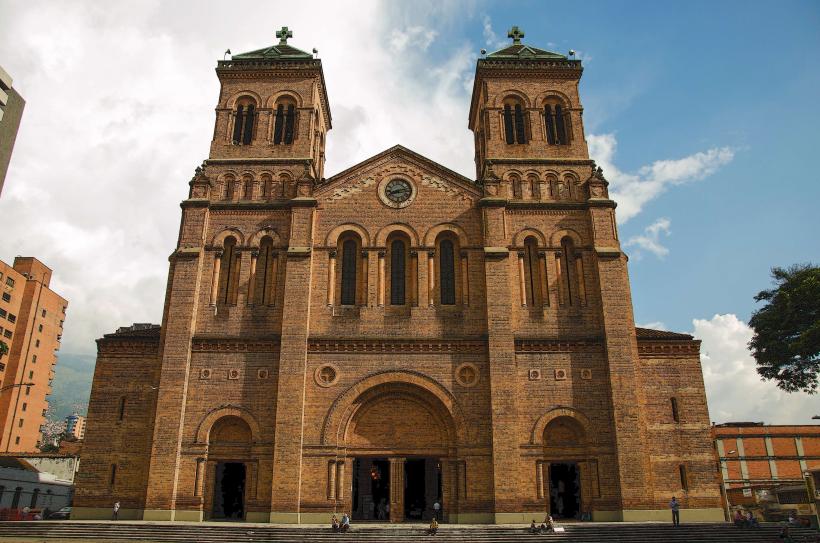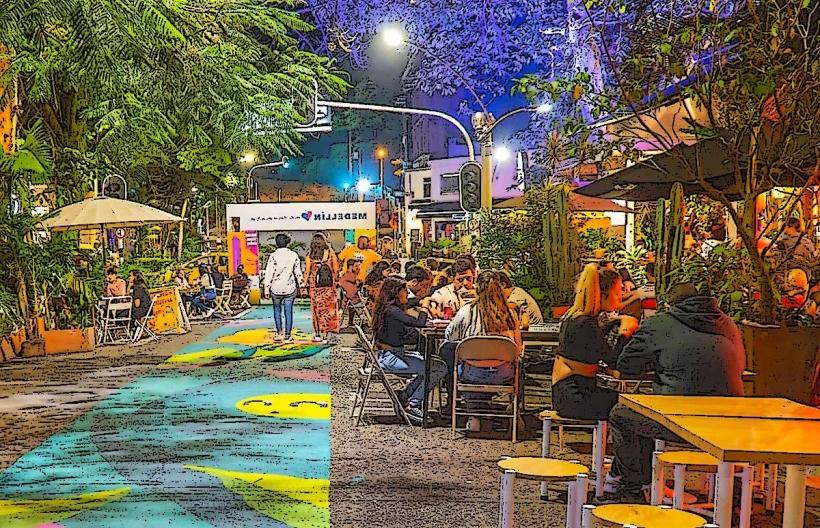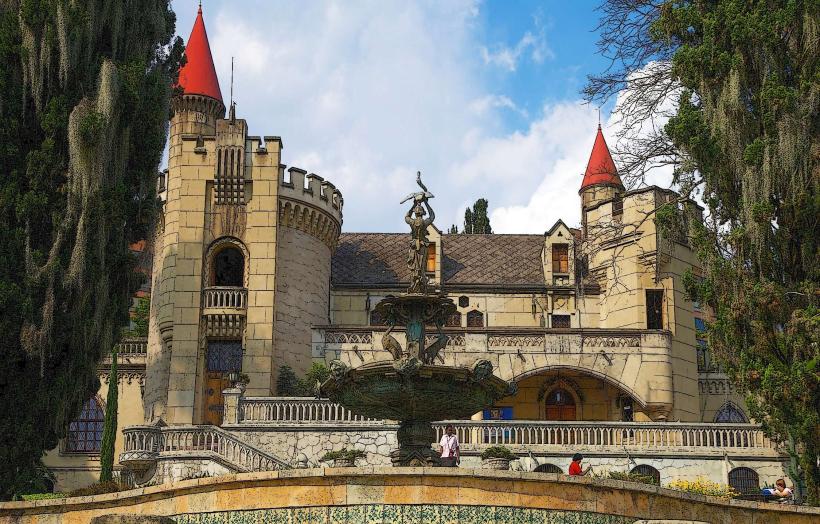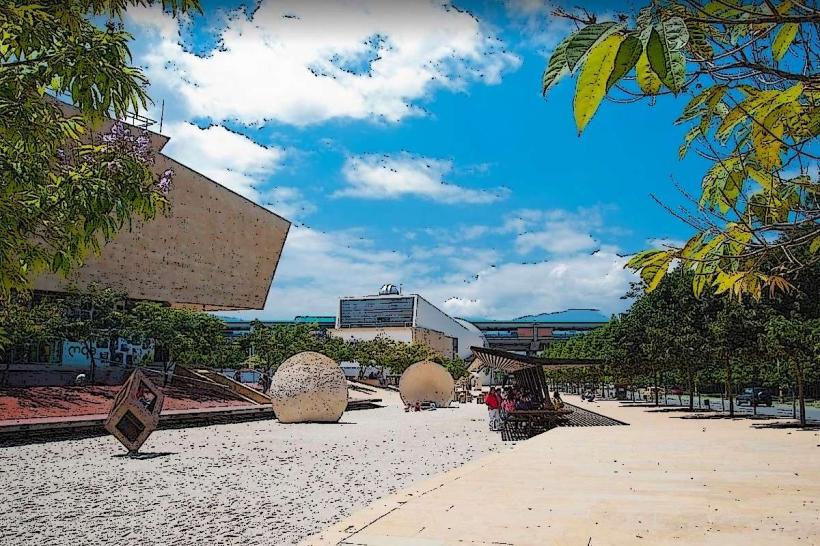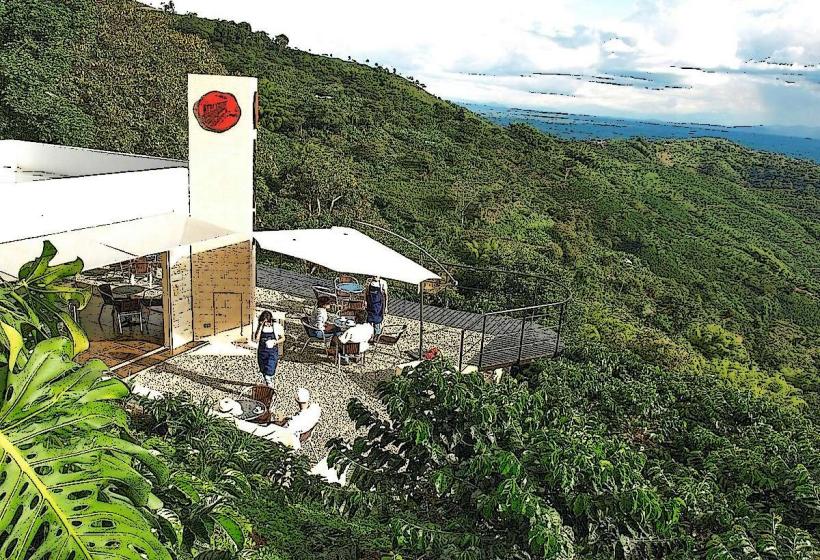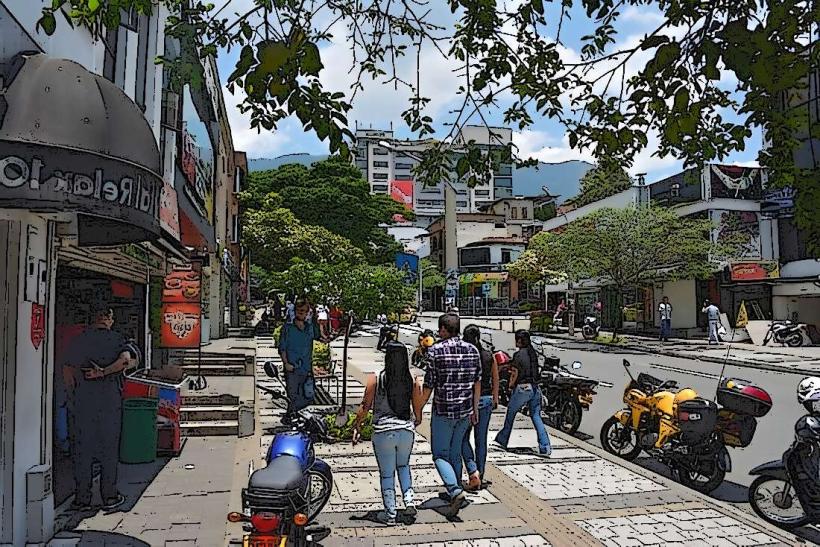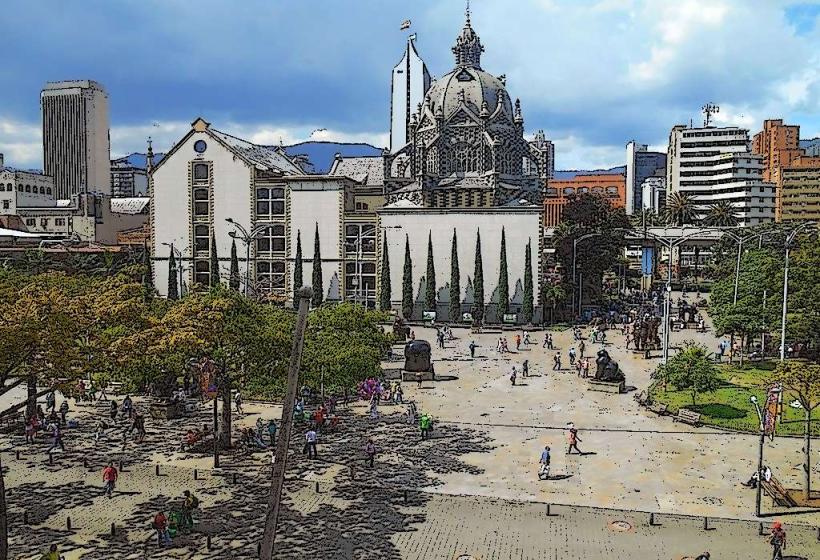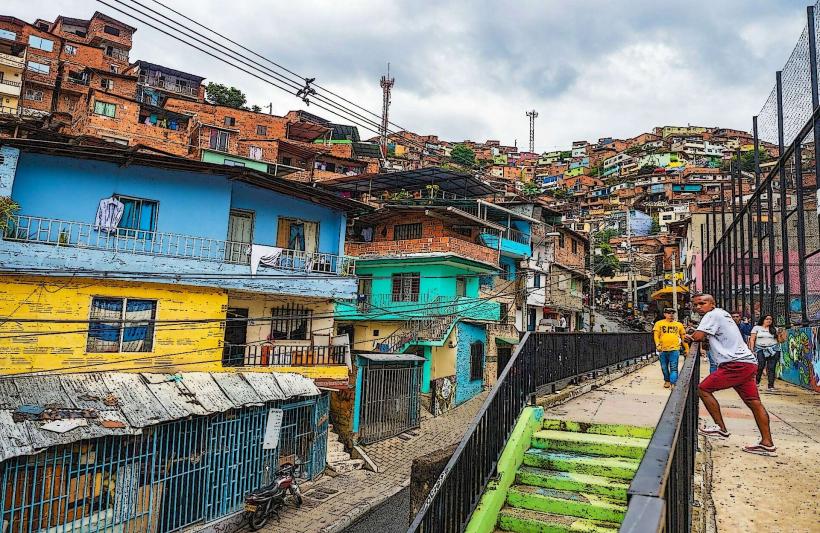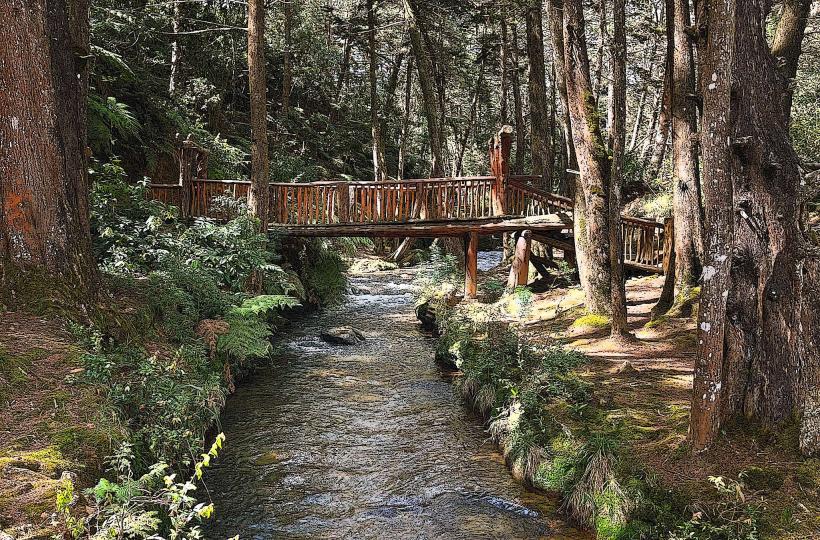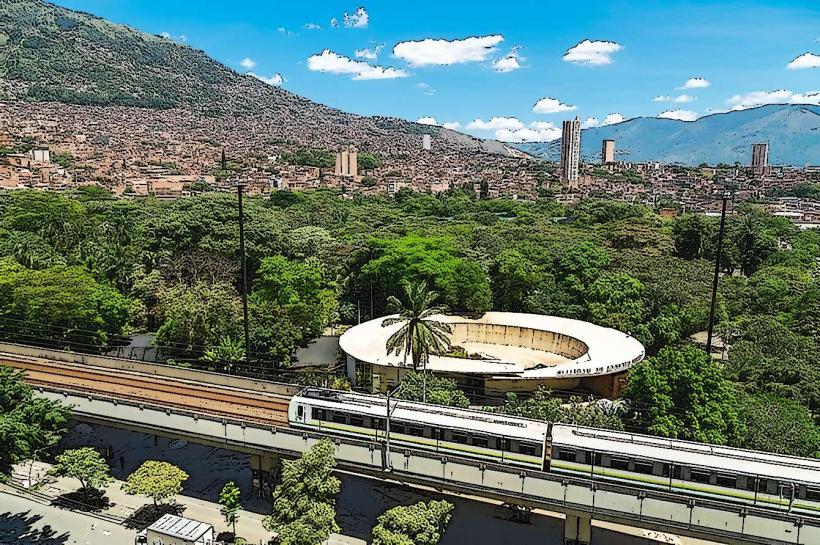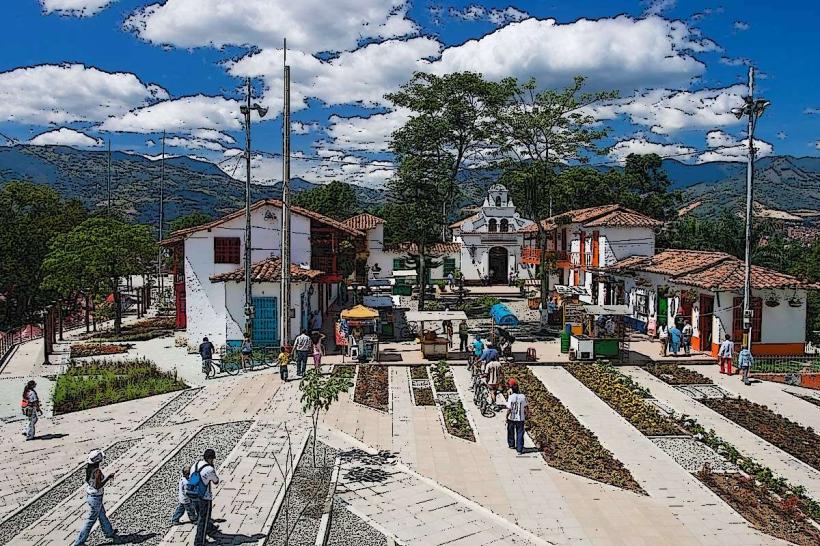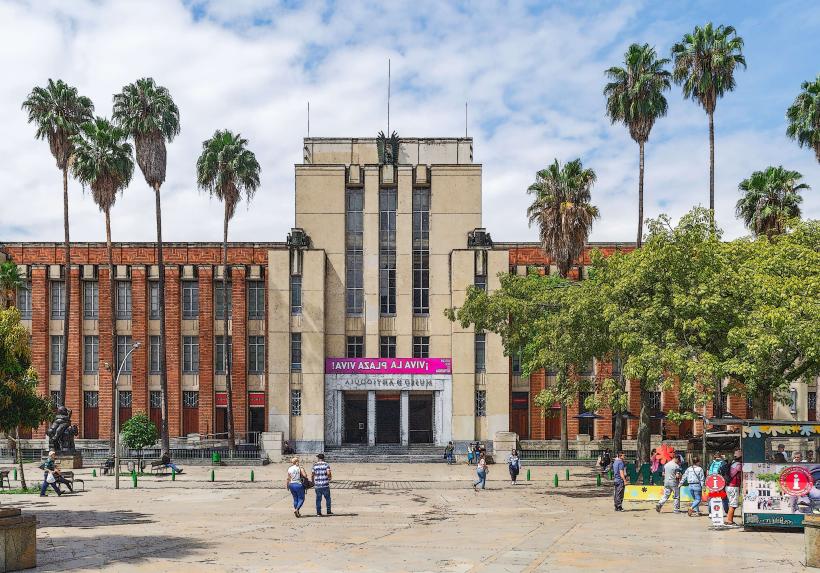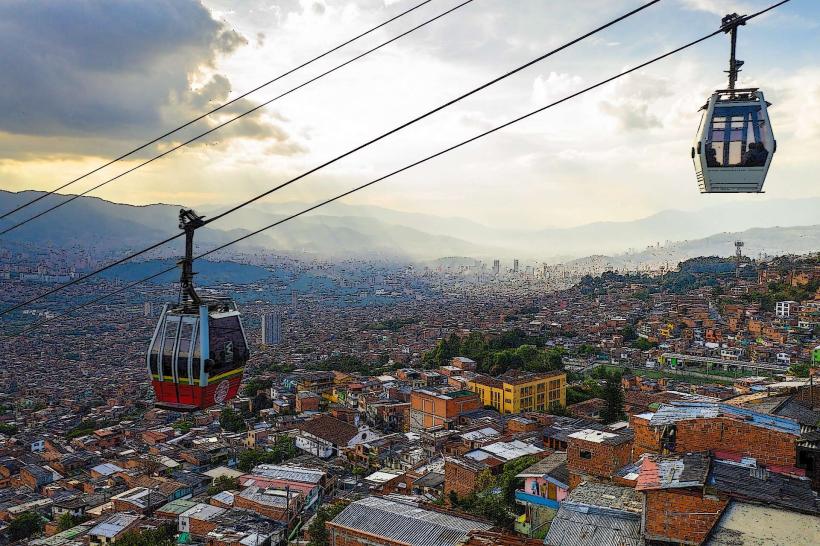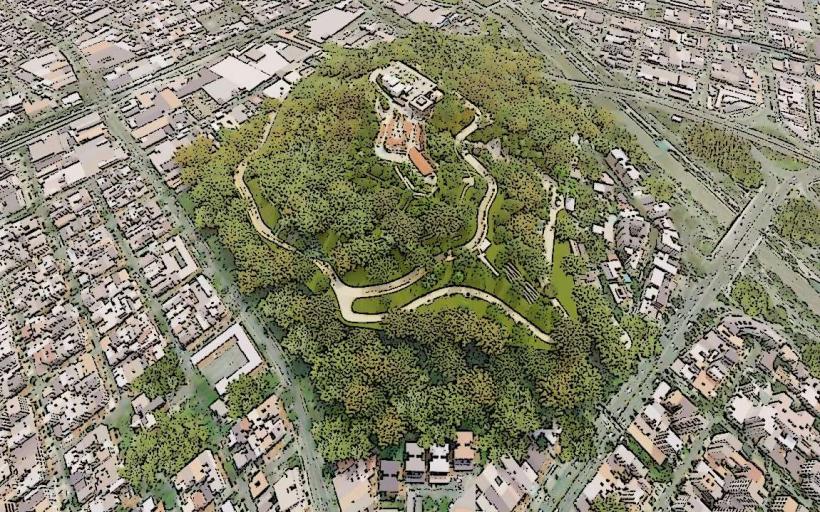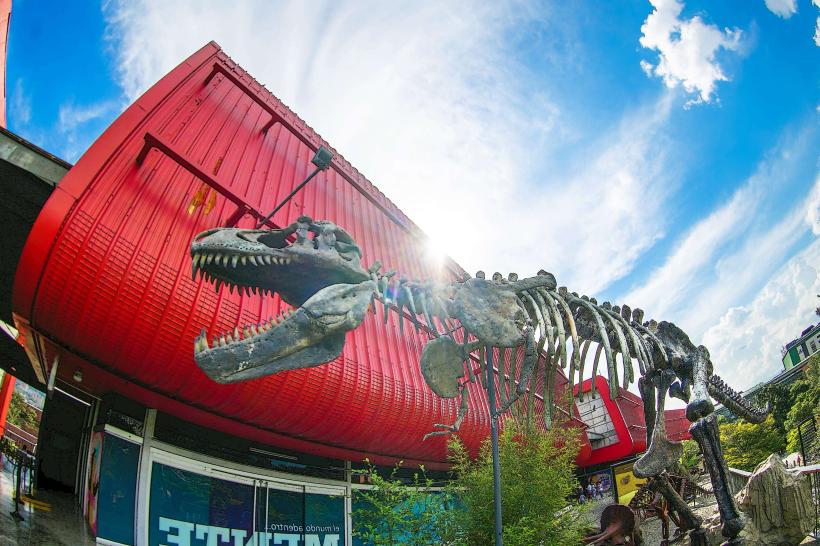Information
Landmark: Museo Casa de la MemoriaCity: Medellin
Country: Colombia
Continent: South America
Museo Casa de la Memoria, Medellin, Colombia, South America
The Museo Casa de la Memoria is a museum dedicated to memory and human rights located in Medellín, Colombia.
It serves as a space for reflection on the country's history of conflict and violence.
Visual Characteristics
The museum building is a modern concrete structure with large glass facades. Its exterior is characterized by clean lines and a minimalist aesthetic. The interior features open exhibition spaces with neutral-toned walls, designed to focus attention on the displays. The building's design incorporates natural light through its extensive use of glass.
Location & Access Logistics
The Museo Casa de la Memoria is situated at Carrera 50 # 42-52 in Medellín, Colombia. It is located approximately 2 kilometers south of the city center. Access is facilitated by public transport; the closest Metro station is Parque Berrío, which is a 10-minute walk away. Several bus routes also serve the area, with stops located within a 5-minute walk of the museum entrance. Limited street parking is available in the vicinity, but it is often occupied.
Historical & Ecological Origin
The museum was inaugurated in 2006. Its construction was part of a broader urban renewal project aimed at creating public spaces for cultural and historical engagement. The site itself was previously occupied by a government building. The museum's purpose is to document and exhibit the history of armed conflict in Colombia, focusing on victims' testimonies and promoting peacebuilding initiatives.
Key Highlights & Activities
Visitors can explore permanent and temporary exhibitions detailing the impact of the armed conflict on Colombian society. Interactive displays and multimedia presentations are available. The museum offers guided tours that provide in-depth context to the exhibits. Audiovisual rooms screen documentaries related to the conflict. The central courtyard often hosts public events and discussions.
Infrastructure & Amenities
Restrooms are available on each floor. Limited shaded areas are present in the outdoor courtyard. Cell phone signal (4G/5G) is generally good within the museum premises. There are no on-site food vendors, but several cafes and restaurants are located within a 500-meter radius of the museum.
Best Time to Visit
The museum is open Tuesday through Sunday. The best time of day for photography inside the museum is during daylight hours when natural light illuminates the exhibition spaces. For a less crowded experience, visiting on a weekday morning is recommended. There are no tide-related considerations for visiting this urban museum.
Facts & Legends
A notable feature of the museum is its "Wall of Memory," which displays photographs and names of individuals who were victims of the armed conflict. The museum's design intentionally avoids overt symbolism, aiming for a neutral backdrop that allows the stories of victims to take precedence.
Nearby Landmarks
- Parque Explora (0.8km North)
- Jardín Botánico de Medellín (1.2km North)
- Plaza Botero (1.5km North)
- Museo de Antioquia (1.6km North)
- Metropolitan Cathedral of Medellín (1.8km North)

